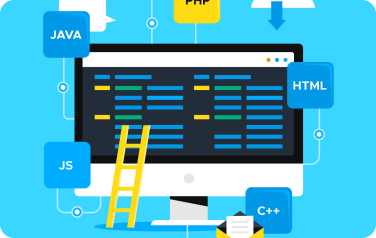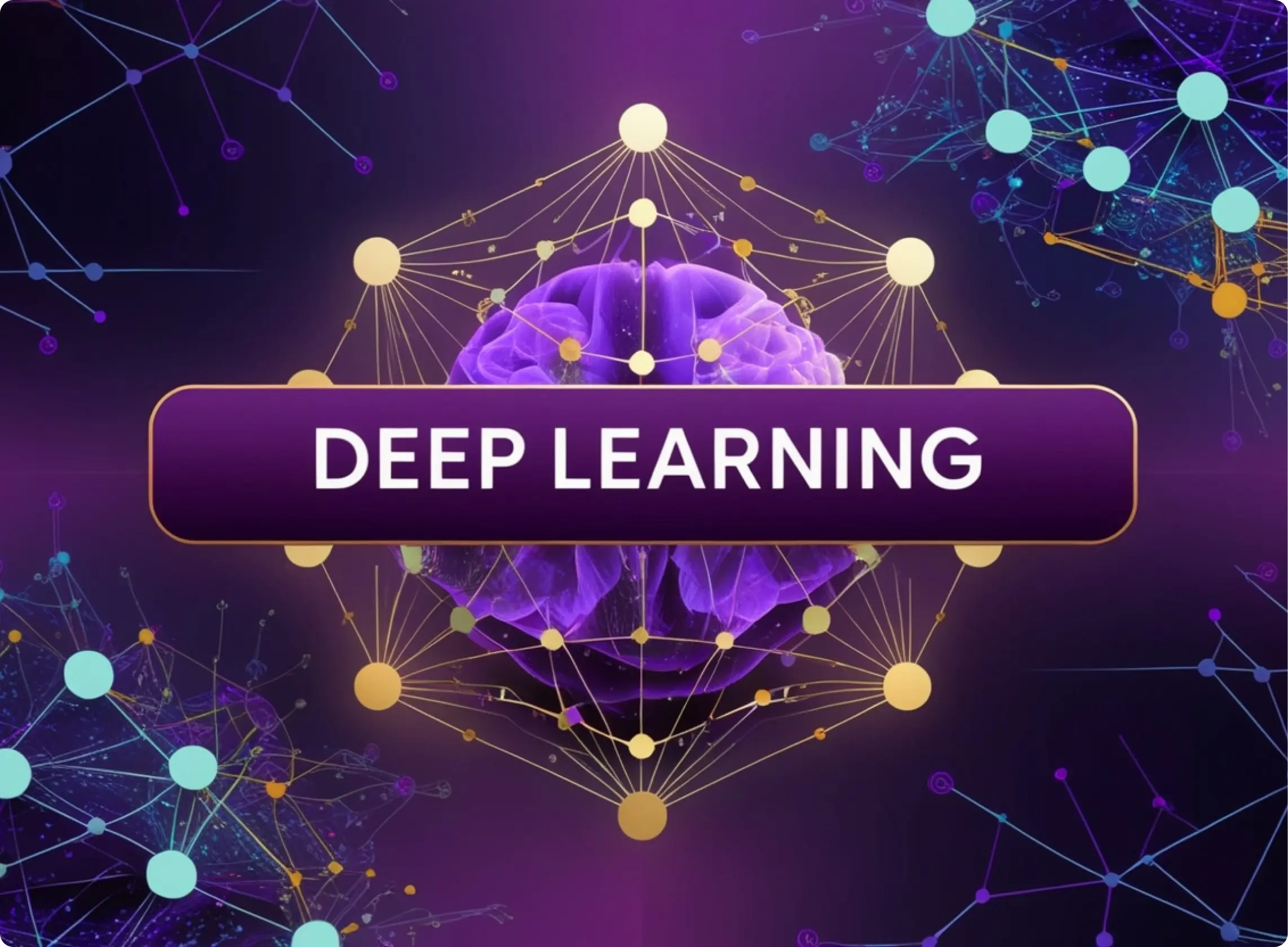Quantum computing is not just a buzzword; it represents a leap in computing power that could change industries and solve complex problems that are beyond the reach of classical computers. While traditional computers process data in bits (0s and 1s), quantum computers use qubits, which can represent both 0 and 1 simultaneously, allowing them to perform multiple calculations at once.
In cybersecurity, quantum computing can potentially break traditional encryption methods, leading to both challenges and opportunities in data security. Quantum-resistant algorithms are being developed to counteract this, ensuring that sensitive information remains secure.
Another field set to benefit from quantum computing is medicine. Quantum computers could analyze vast biological datasets more quickly, assisting in drug discovery and personalized medicine. By simulating molecular interactions, quantum computing may reveal new treatments for diseases that were previously untreatable.
Quantum computing could also revolutionize finance, particularly in risk analysis and portfolio management. Traditional computers often struggle with complex data processing, but quantum computers’ processing power could enable banks to analyze market trends, optimize investments, and predict economic outcomes more accurately.
While still in its infancy, quantum computing has the potential to reshape industries across the board. Though we may be years away from mainstream adoption, early advancements indicate that quantum computing could be one of the most transformative technologies of our time.
Quantum computing is not just a buzzword; it represents a leap in computing power that could change industries and solve complex problems that are beyond the reach of classical computers. While traditional computers process data in bits (0s and 1s), quantum computers use qubits, which can represent both 0 and 1 simultaneously, allowing them to perform multiple calculations at once.
In cybersecurity, quantum computing can potentially break traditional encryption methods, leading to both challenges and opportunities in data security. Quantum-resistant algorithms are being developed to counteract this, ensuring that sensitive information remains secure.
Another field set to benefit from quantum computing is medicine. Quantum computers could analyze vast biological datasets more quickly, assisting in drug discovery and personalized medicine. By simulating molecular interactions, quantum computing may reveal new treatments for diseases that were previously untreatable.
Quantum computing could also revolutionize finance, particularly in risk analysis and portfolio management. Traditional computers often struggle with complex data processing, but quantum computers’ processing power could enable banks to analyze market trends, optimize investments, and predict economic outcomes more accurately.
While still in its infancy, quantum computing has the potential to reshape industries across the board. Though we may be years away from mainstream adoption, early advancements indicate that quantum computing could be one of the most transformative technologies of our time.
















